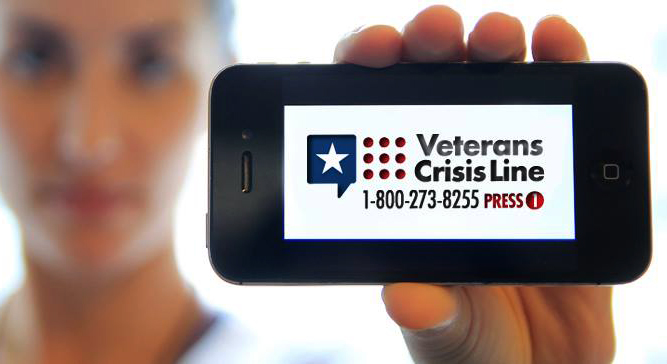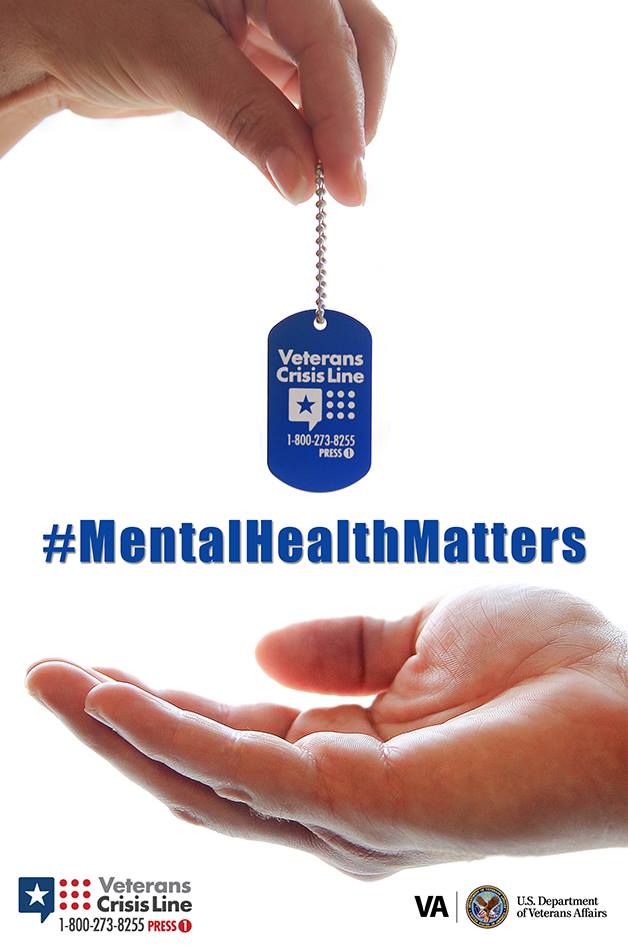 Editor’s note: the name of author’s fellow Servicemember was omitted for the sake of privacy.
Editor’s note: the name of author’s fellow Servicemember was omitted for the sake of privacy.
He was our radio operator, and he was a quiet kid – at least around me. He was sitting in the corner of our makeshift supply room, kicking the floor – shuffling the dirt around with his feet. I had just finished a four-hour shift manning the radios at our outpost in the middle of Nowhere, Iraq, when I saw him.
It was the last week of operations for my platoon in the Al Anbar Provence, and I was looking forward to ending my second and last deployment to Iraq. I was thinking of my girlfriend, and what I would do and see when I got back. A few days and a wake-up and I’d be drinking a beer and enjoying life in Southern California.
Iraq would just be a horrible memory.
“What’s up?” I asked him as I scavenged through a box of AA-batteries for my iPod.
“Nothing, corporal,” he said, looking up at me through his thick glasses.
“You good?” I asked.
“Yes, corporal.” he answered.
Even though he’d been with us during most of the deployment, I could only recall a handful of times when I actually spoke with him for more than a few minutes. I grabbed some batteries, walked over to my squad’s room, started listening to my iPod and fell asleep on my cot.
When I woke up, his body had just been carted off and others were running around with their flack and kevlars on.
“What’s going on?” I asked the first Marine I saw.
“He killed himself, corporal,” was the answer.
My heart sank. I couldn’t believe he was dead. I had just seen him.
He was standing guard on the rooftop of our outpost overlooking the dusty Iraqi countryside when he did it. Despite all the firefights and run-ins with IEDs, he would be the only loss of life our platoon suffered during that deployment, and that stung.
I wasn’t a stranger to death by any means at that point in my military career. My first deployment with 3rd Battalion 5th Marines to Fallujah, during Operation Phantom Fury, made me more than aware of how ugly war could be, and the toll it had on human life. But my previous experiences with death didn’t dull the gnawing pain of what happened one bit.
I think about him now anytime the subject of military and Veterans suicide comes up – and it comes up a lot at my job in VA’s office of digital media engagement. His memory drives me to make sure I never fall asleep on a fellow Marine or Veteran in crisis again.
I know thinking about him doesn’t change what happened in Iraq, but it has opened my eyes to some of the warning signs:
- Hopelessness, feeling like there is no way out
- Anxiety, agitation, sleeplessness, or mood swings
- Feeling like there is no reason to live
- Rage or anger
- Engaging in risky activities without thinking
- Increasing alcohol or drug abuse
- Withdrawing from family and friends
But what can we do to when we see these signs in our fellow Veterans or loved ones?
Sharing information on the Veterans Crisis Line, which is manned by caring mental health professionals 24/7, is one way I reach out. There have been many late nights when I’ve seen cries for help from my fellow Marines on Facebook or text messages, and pushed for them to contact the crisis line. I do this because I know it helps. Since 2007, the Veterans Crisis Line took more than one million calls, 143,000 text messages, numerous online chats, and saved more than 35,000 lives.
But while Veterans Crisis Line information is vital, we need to take one step beyond sharing information when trying to help a fellow Veteran, or loved one, and motivate them to seek long-term mental health care. There has to be some follow through on our part past a Facebook message.
Why should we do more? Because while some folks cite VA’s study showing 22 Veterans a day are committing suicide, what doesn’t get discussed is the fact that the suicide rate for Veterans who seek mental health care through VA is much lower.
This is why we must do more, and why VA staffs more than 20,000 mental health positions and recently hired 1,600 more professionals and 800 peer specialists. It’s also why VA tries to touch more Veteran’s lives through programs and services like the GI Bill, VA Home Loans and VA Adaptive Sports. Because when a Veteran reaches out to VA, their lives get better. I would know – VA made mine better.
And that’s what I wish I could’ve told the young, quiet Marine in that dusty outpost in Iraq. That for all the agony he was feeling at that moment, it would have gotten better with time.
Please join me, and the rest of VA’s digital media engagement team, in making sure that we do more than hit “like” or “share” during Mental Health Awareness Month. Let’s take that extra step in combating suicide and create a real connection between available help and those that need it.
Topics in this story
More Stories
Summer Sports Clinic is a rehabilitative and educational sporting event for eligible Veterans with a range of disabilities.
Report examines the input of over 7,000 women Veterans: They are happier with VA health care than ever before.
Veterans and caregivers, you can help shape the future eligibility requirements for the VA Caregiver Support program.








Suicide is a lonely, dark place that people cannot escape without help. Depression tells you that you are through, you do not matter, everyone will be fine without you, there is no place for you in life. It is a blackness; no light and nothing to hold onto. That is how I felt. My actions were stopped, otherwise I would have died. It turns out it was a medication I was taking that gave me such thoughts.
If you know of anyone who is depressed, speak to them and be there for them through the aloneness and confusion. Take them to get help. If there is no help, be there for them if you can. Many times there is no help because of the way medical care is structured.
Those in power need to pay attention to what is not working and fix it. There is always hope but for the depressed, they cannot find it. I didn’t realize I was depressed and my family found fault with me. “Why are you laying around?” “It is your fault.”
Listen and care. Do not judge. Suicide is a last resort to unbelievable pain within the soul.
At the risk of being a nuisance, it is always a good idea to take time to ask how someone’s day is. Whether or not they choose to indulge in conversation is on them. More often than not though, this simple gesture can make or break a person’s day (I know). . . . Thank you for sharing your story.
Where is there any personal care done as far as home visits for all veterans of all wars? My son commited suicide after he came home from Iraq he was in the 101st airborne. He was completeley changed when he came home on his first visit they totally brainwashed my son from the kind of person he was I never got to talk to him before his death. Im 65 Ive never seen a war or any war that acheived complete peace. Its just totally unthinkable for all races to be at peace. Such a waste of humanity. When war is only a temporary fix. Before he enlisted I warned him what might happen….He said he wanted to get education etc….. These dudes that enlist these kids know how to convince them to join, it makes me sick! and then come back to this. to be miserable mentally, physicall,phycologically, discusted because employers are afraid to hire them because of depression etc. my heart will never heal..
Funny, I was just told by my Psychiatrist on Monday there will be an 8% cut in the MH department at my VA. My vet center counselor, who once saw me weekly or every other week, can now only see me once every three weeks to a month and he tells me it is going to get worse. So, tell me again, how it is getting better.